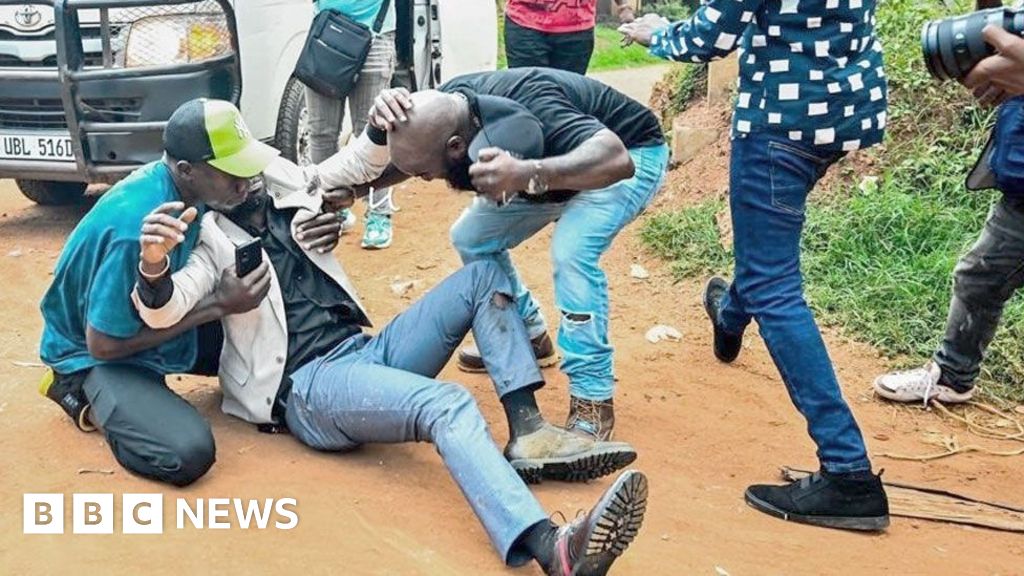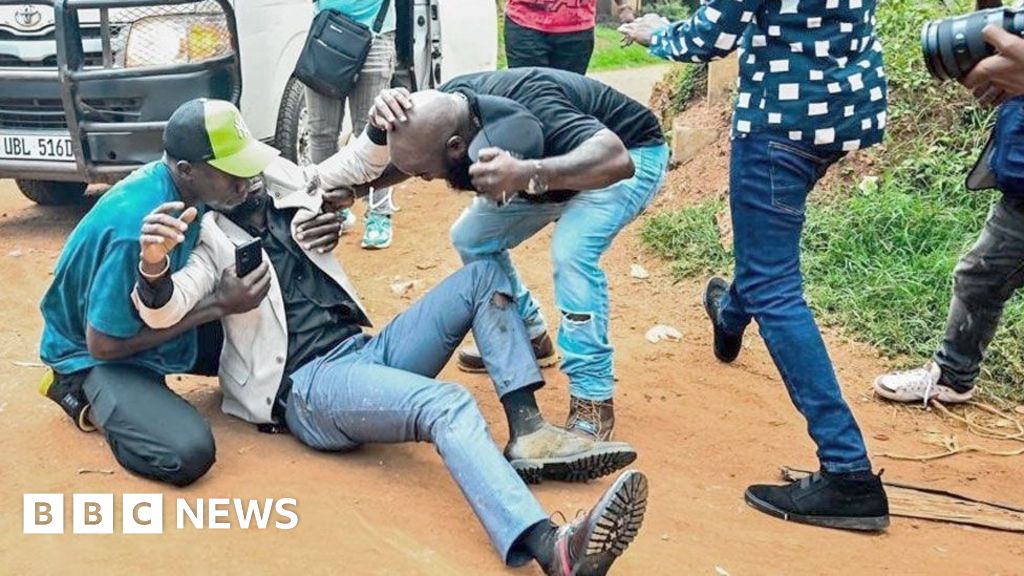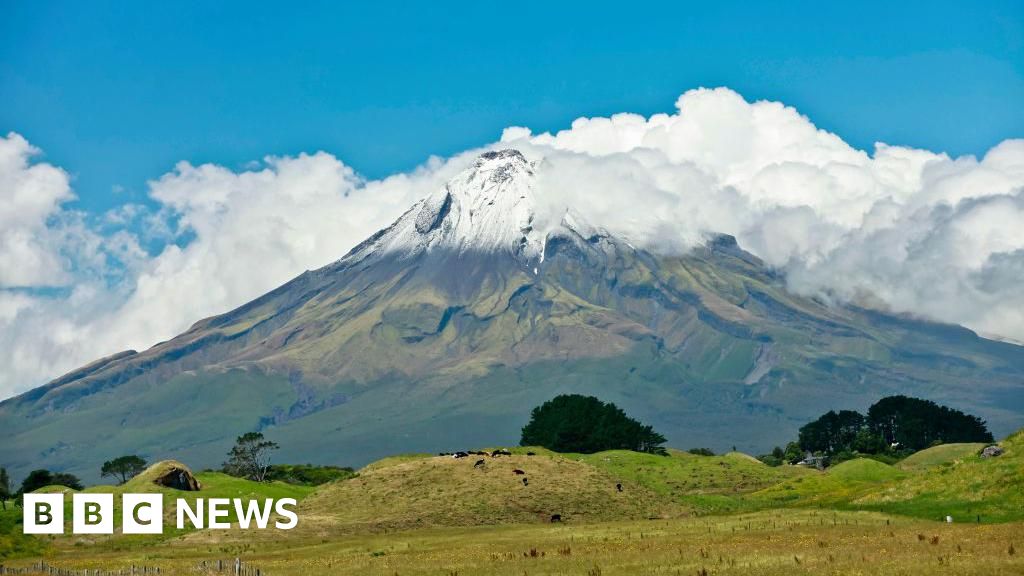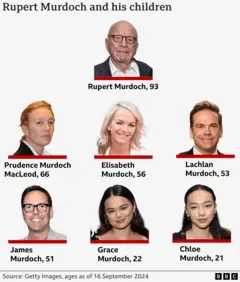
Ugandan opposition leader Bobi Wine has been injured in the leg in a confrontation with a policeman in uniform, his personal assistant has told the BBC.
Najja Ssenyonjo said the pop star-turned-politician was believed to have been shot and was currently receiving treatment at Nsambya Hospital in the capital, Kampala.
He said the incident had occurred while Bobi Wine was on his way to visit his lawyers in Bulindo, which is about 20km (12 miles) north of the city.
A statement from the police said officers on site reported that the opposition leader had stumbled while getting into his vehicle.
An investigation would be conducted to clarify the facts, the statement added.
The X account of Bobi Wine, leader of the National Unity Platform (NUP), whose real name is Robert Kyagulanyi, first broke the news, saying: “@HEBobiwine has been shot in the leg by police in Bulindo.”
Footage has been shared on social media by journalist Solomon Serwanjja, who was at the scene, showing the 42-year-old opposition leader being helped from a building with a bleeding injury from his left shin.
“We only heard bullet sounds in the scuffle so it’s doctors to confirm but as of now it’s believed to be a bullet,” Mr Ssenyonjo told the BBC.
The police say Bobi Wine had attended an event at Bulindo and afterwards “he and his team moved out of their cars and embarked on a procession up to Bulindo town.
“However, the police advised against it. Despite their guidance, he insisted on proceeding… closing the road, leading to police intervention to prevent the procession.
“During the ensuing altercation, it is alleged that he sustained injuries,” the statement said.
Bobi Wine was first elected to parliament in 2017, and ran against President Yoweri Museveni in the 2021 election, which was marred by state repression.
He is popular among young people and has been arrested – and beaten up – numerous times.
The country’s security forces have a long history of pursuing political opponents of President Museveni, who has been in power for almost 40 years.
Additional reporting by the BBC’s Swaibu Ibrahim in Kampala.



